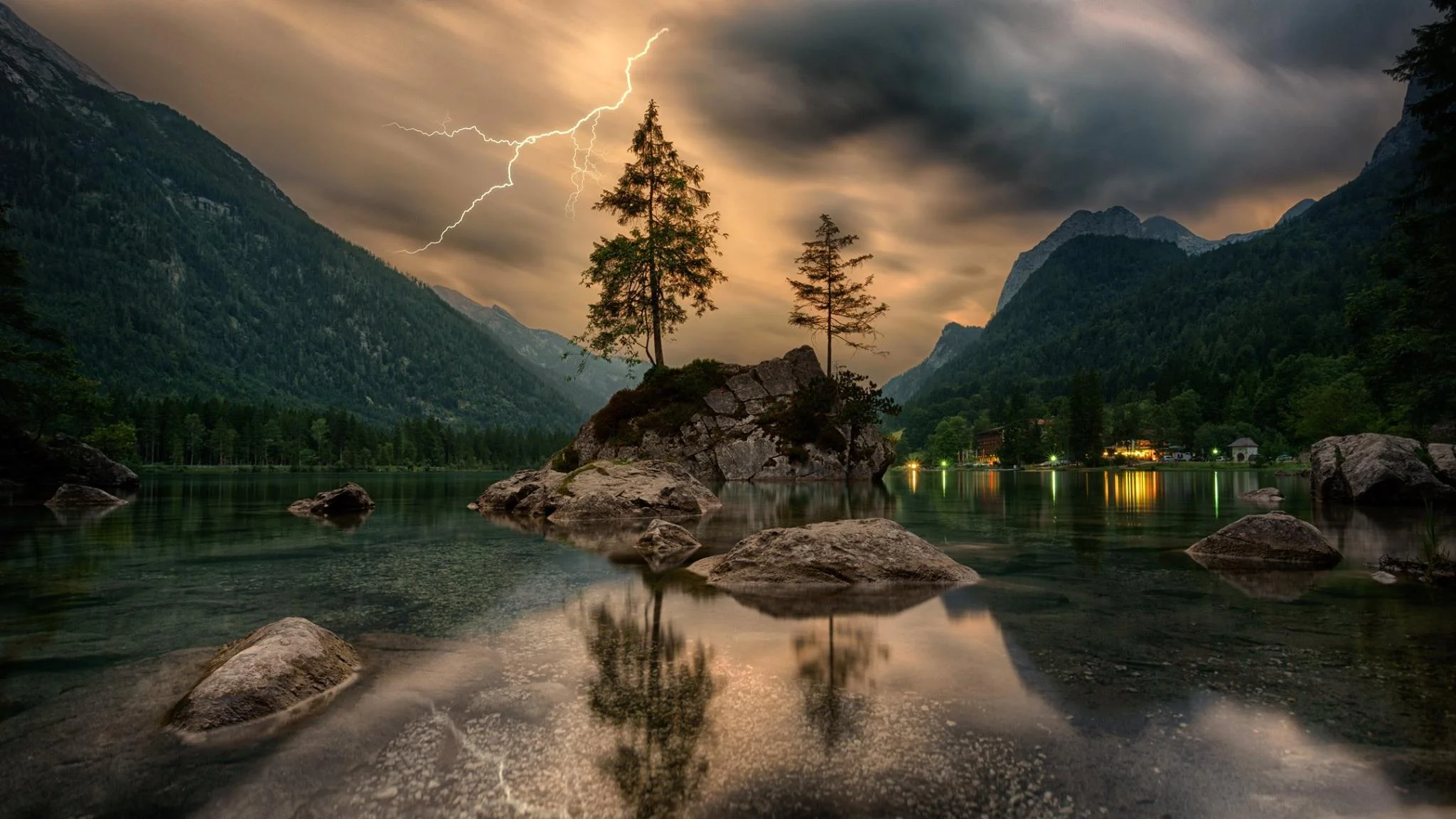The beliefs of a child.
As I examine my thoughts, I find that the deepest, darkest and most restrictive self beliefs that I hold were formed in my early childhood years. Then, like scripture of the soul, they are followed without a sincere, objective evaluation.
I find it requires great stillness to become aware of these thoughts and beliefs. Often they are found in unnecessarily intense responses to a situation that did not deserve such.
Since most of these deep beliefs are formed in childhood, I have come to realize that the vulnerability of being a child creates an immense interpretive distortion in the experiences that shape our beliefs.
Our interpretation of any event is the process by which we create meaning, and meaning thereby creates an emotion. As a child, our vulnerability and immaturity can exaggerate a potentially painful occurrence into a life threatening perspective.
As an example, strong disapproval from a dominating parent can be interpreted as a threat of abandonment, which is then perceived as a life threatening event to be avoided at all costs. Or maybe a child who grows up seeing his or her parents dreadfully unhappy will avoid responsibility usually associated with maturity in a desperate attempt to avoid the pain which he or she perceives as being an outcome of being self sufficient.
These beliefs become a part of us. Never questioned, every active in our minds.
Over time, we perceive more and more experiences through this perspective, and we never stop to realize that the very lens through which we are viewing the world is distorted, deformed and destructive.
This often creates a psychologically debilitating pattern of painful perspectives and subsequent behaviors that limit where there are no boundaries, and restrain when there could be rejoicing.
Since these beliefs are usually formed in the presence of a perspective-magnified pain, I find myself reluctant to shine a light into my own darkness.
Only in the still calmness of peace can I truly stare into the center of my soul, and find a way through the darkness into the clarity of a newly awakened perspective.
Facing the darkness is often the only way to find the light.
So I search onwards, finding the truths of my soul.
But they are…elusive.
-- Dr. Alan Barnes
@maddrbmusings




















